Additional support at home
Alongside reablement, staying independent is about having peace of mind that you’re not going to be left cold or in the dark if the heating or electricity fails.
The Priority Services Register (PSR) is an important, free support service which is designed to support those who need a little extra help in the event of interruptions to their gas, water or electricity supply. If you or someone you know has extra communication, access or safety needs, signing up to the PSR will help ensure you or they can access the best possible services at all times, and feel safe and independent at home.















